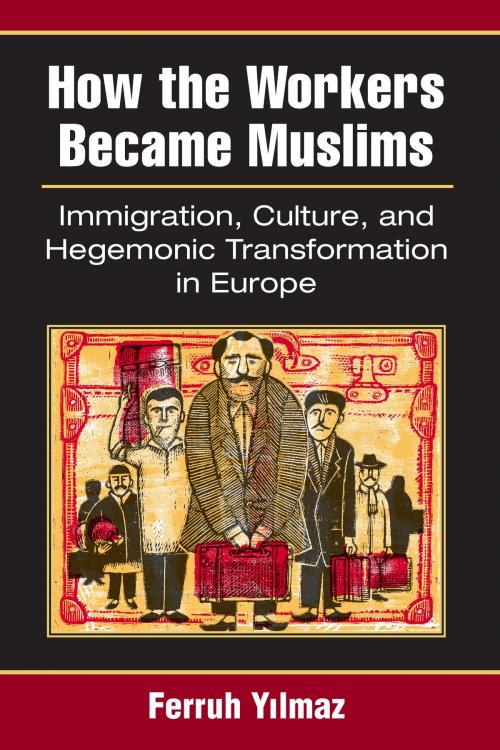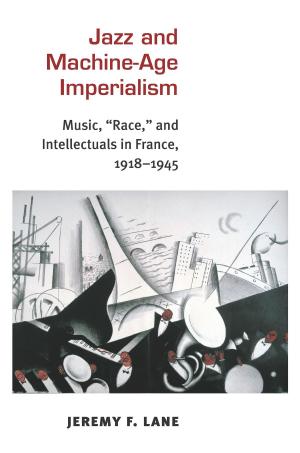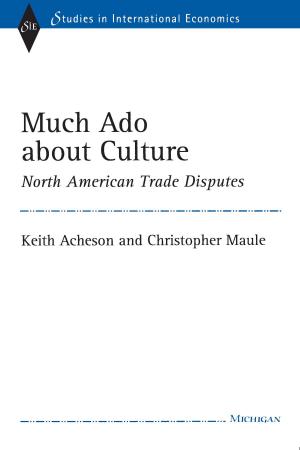How the Workers Became Muslims
Immigration, Culture, and Hegemonic Transformation in Europe
Nonfiction, History, Western Europe, Social & Cultural Studies, Political Science| Author: | Ferruh Yilmaz | ISBN: | 9780472121786 |
| Publisher: | University of Michigan Press | Publication: | February 22, 2016 |
| Imprint: | University of Michigan Press | Language: | English |
| Author: | Ferruh Yilmaz |
| ISBN: | 9780472121786 |
| Publisher: | University of Michigan Press |
| Publication: | February 22, 2016 |
| Imprint: | University of Michigan Press |
| Language: | English |
Writing in the beginning of the 1980s, Ernesto Laclau and Chantal Mouffe explored possibilities for a new socialist strategy to capitalize on the period’s fragmented political and social conditions. Two and a half decades later, Ferruh Yilmaz acknowledges that the populist Far Right—not the socialist movement—has demonstrated greater facility in adopting successful hegemonic strategies along new structural lines Laclau and Mouffe imagined. Right-wing hegemonic strategy, Yilmaz argues, has led to the reconfiguration of internal fault lines in European societies.
Yilmaz’s primary case study is Danish immigration discourse, but his argument contextualizes his study in terms of questions of current concern across Europe, where right-wing groups that were long on the fringes of “legitimate” politics have managed to make significant gains with populations traditionally aligned with the Left. Specifically, Yilmaz argues that sociopolitical space has been transformed in the last three decades such that group classification has been destabilized to emphasize cultural rather than economic attributes.
According to this point-of-view, traditional European social and political splits are jettisoned for new “cultural” alliances pulling the political spectrum to the right, against the “corrosive” presence of Muslim immigrants, whose own social and political variety is flattened into an illusion of alien sameness.
Writing in the beginning of the 1980s, Ernesto Laclau and Chantal Mouffe explored possibilities for a new socialist strategy to capitalize on the period’s fragmented political and social conditions. Two and a half decades later, Ferruh Yilmaz acknowledges that the populist Far Right—not the socialist movement—has demonstrated greater facility in adopting successful hegemonic strategies along new structural lines Laclau and Mouffe imagined. Right-wing hegemonic strategy, Yilmaz argues, has led to the reconfiguration of internal fault lines in European societies.
Yilmaz’s primary case study is Danish immigration discourse, but his argument contextualizes his study in terms of questions of current concern across Europe, where right-wing groups that were long on the fringes of “legitimate” politics have managed to make significant gains with populations traditionally aligned with the Left. Specifically, Yilmaz argues that sociopolitical space has been transformed in the last three decades such that group classification has been destabilized to emphasize cultural rather than economic attributes.
According to this point-of-view, traditional European social and political splits are jettisoned for new “cultural” alliances pulling the political spectrum to the right, against the “corrosive” presence of Muslim immigrants, whose own social and political variety is flattened into an illusion of alien sameness.















